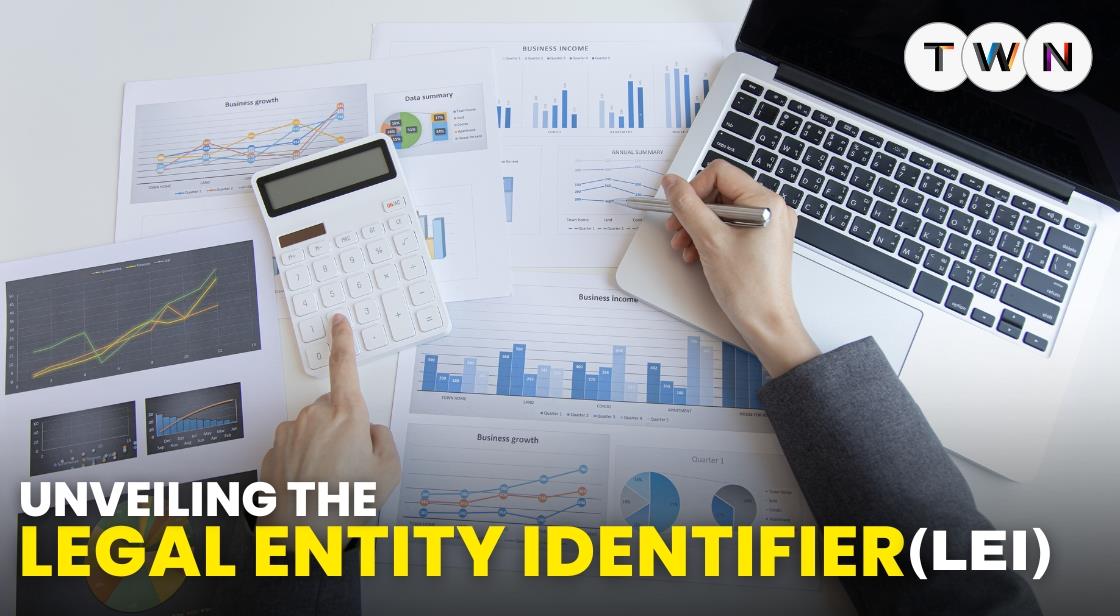LEI Register: Simplifying Global Business Identification and Verification

Blog Post
In today's interconnected business landscape, accurate identification and verification of legal entities are vital for transparency, risk management, and regulatory compliance. The LEI Register plays a pivotal role in simplifying global business identification and verification processes.
The LEI Register plays a crucial role in simplifying global business identification and verification processes. By providing a centralized repository of LEI data, it enhances transparency, streamlines regulatory compliance, and promotes trust in the global marketplace.
Stakeholders can leverage the LEI Register to access accurate and up-to-date information about legal entities, enabling them to make informed decisions, manage risks effectively, and foster a more transparent and efficient business environment.
This article delves into the significance of the LEI Register and how it streamlines the identification and verification of businesses worldwide.
In today's rapidly evolving business landscape, accurate identification and verification of legal entities are crucial for transparency, risk management, and regulatory compliance. The LEI Register is vital in simplifying global business identification and verification processes.
This article explores the significance of the LEI Register and how it streamlines the identification and verification of businesses globally.
LEI Register: Simplifying Global Business Identification and Verification
-
Unveiling the Legal Entity Identifier (LEI)
It serves as a centralised repository of information for legal entities holding an active Legal Entity Identifier (LEI). It acts as a comprehensive database that facilitates the global identification and verification of businesses engaged in financial transactions.
The LEI Register ensures transparency and enables stakeholders to access accurate, up-to-date information about legal entities across jurisdictions.
-
Streamlining Business Identification
It simplifies identifying legal entities by providing a standardised and globally recognized identifier. Each legal entity in the LEI Register is assigned a unique LEI, a 20-character alphanumeric code. This eliminates redundant identification procedures and streamlines the onboarding process for businesses and financial institutions.
By having a single identifier recognised worldwide, the LEI Register simplifies and accelerates the identification of legal entities involved in financial transactions.
-
Enhancing Business Verification
Verification of the legal and financial status of entities is essential for risk management and decision-making. It facilitates this verification process by providing reliable and up-to-date information about legal entities.
Stakeholders can access the LEI Register to verify the accuracy of business information, ownership structures, and other relevant details. This enables them to make informed decisions and mitigate risks effectively.
-
Promoting Transparency and Trust
Transparency is a fundamental pillar of the global business environment. It promotes transparency by providing stakeholders access to standardised and reliable information about legal entities. It fosters trust among market participants, investors, and regulators, creating a more efficient and trustworthy business ecosystem.
By ensuring that accurate and up-to-date information is readily available, the LEI Register contributes to the overall transparency of global financial markets.
Also Read: How Marketing Agency Services can Grow Your Business
-
Enabling Regulatory Compliance
Regulatory compliance is critical to business operations, particularly in the financial sector. It simplifies compliance efforts by providing a centralised source of LEI data that regulators and other relevant parties can easily access.
Many regulatory authorities worldwide require using LEIs for reporting obligations, such as transaction reporting and regulatory filings. It ensures compliance with these requirements, reducing administrative burdens and facilitating smooth regulatory processes.
-
Facilitating Global Business Operations
The LEI Register serves as a valuable resource for businesses operating globally. It enables them to access accurate and standardised information about potential partners, suppliers, and customers across different jurisdictions.
This facilitates smoother business transactions and helps mitigate risks associated with financial fraud, money laundering, and counterparty defaults.
Conclusion
The LEI Register is crucial in simplifying global business identification and verification processes. Providing a centralised repository of LEI data enhances transparency, streamlines regulatory compliance, and promotes trust in the global marketplace.
Stakeholders can leverage the LEI Register to access accurate and up-to-date information about legal entities, enabling them to make informed decisions, manage risks effectively, and foster a more transparent and efficient business environment.
You May Like
EDITOR’S CHOICE












